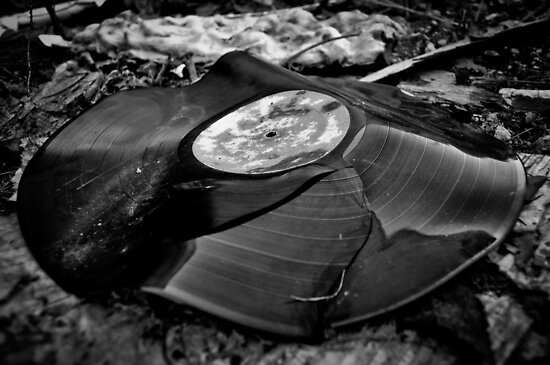The usual gripers are blaming subscription services. It's amazing how quickly Rhapsody, Spotify, and the rest have gone from being ignored to being laughed at to being portrayed as ruining the music business. (It's also funny how artists have gone from bemoaning their inability to get on FM radio to bemoaning their inability to get off of internet radio!)
This is especially problematic logic given the relatively paltry numbers of subscribers these services have. It's hard to see how such a small number of users (20 million worldwide) paying $120 a year for a subscription service is devastating the industry. Especially when the data actually shows people who use these services are more likely to buy music, and more of it, than people who don't use these services.
To put that in perspective, in just the USA, around 45 million people bought at least one download in 2011 or 2012. That's compared to 20 million music subscription users worldwide.
Blaming streaming demonstrates a lack of perspective, and a disappointing willingness to point fingers at companies actually trying to improve the business for all particpants - artists, listeners, labels, and publishers.
Here's one problem. There are no record stores anymore. Tower and most of the other big record stores went out of business long before streaming services had taken off (and in Tower's case, before Spotify even existed).
If there are no significant retail outlets for music that are convenient or pleasant for people, they're not going to buy as much stuff. The record business was hurting long before streaming was more than an interesting curio.
So what actually killed album sales?
Here's one problem. There are no record stores anymore. Tower and most of the other big record stores went out of business long before streaming services had taken off (and in Tower's case, before Spotify even existed).
If there are no significant retail outlets for music that are convenient or pleasant for people, they're not going to buy as much stuff. The record business was hurting long before streaming was more than an interesting curio.
So what actually killed album sales?
- Was it the CD format, which some argue encouraged artists to bloat albums with even more filler? Maybe, but this is hardly objective and widespread enough to cause this decline.
- Was it Napster and other file-sharing services, which taught a generation of music fans to steal the songs they want, and forget the rest?
- Was it the perennial oldster gripe that "music is just no good anymore"? This one is somewhat backed up by industry decisions and data which shows that many post-1990s albums have no long-term catalog value: they do all their sales initially. This trend is not unique to music - many other forms of media (books, movies, apps) follow a similar power law pattern.
- Was it competition from other media and goods? Music fans today can spend their money on DVDs, Blu-Ray, digital video, MMORPGs, Xbox/PS4, apps, smartphones, data plans, and more.
- A more fundamental correction (in the economic market sense). For a long time, the only way to buy music was buying an album. Yeah, there used to be singles, but when big business took over the music industry in the late 70s/early 80s, they started killing that off or converting to absurdly pricey rip-offs like the cassingle or CD single...and even those were hard to find. If you wanted music, you had to buy the whole album, whether you wanted it all or not.
This is like only selling cola in 3-liter bottles. Suddenly someone starts selling it in cans ($1 downloads). Big surprise: not everyone wants 3-liter bottles, and sales of 3-liter bottles drop.
Maybe the music business was historically overselling and overcharging, and the current sales are what economics would "naturally" dictate.
I don't know for sure. I do know it wasn't solely due to subscription services.
I'd also argue the album isn't dead. There were more albums released in the last few years than ever before! Yeah, fewer are selling big numbers, but just because you or your favorite band isn't doing well (or as well as they used to) doesn't mean the system is broken.

No comments:
Post a Comment